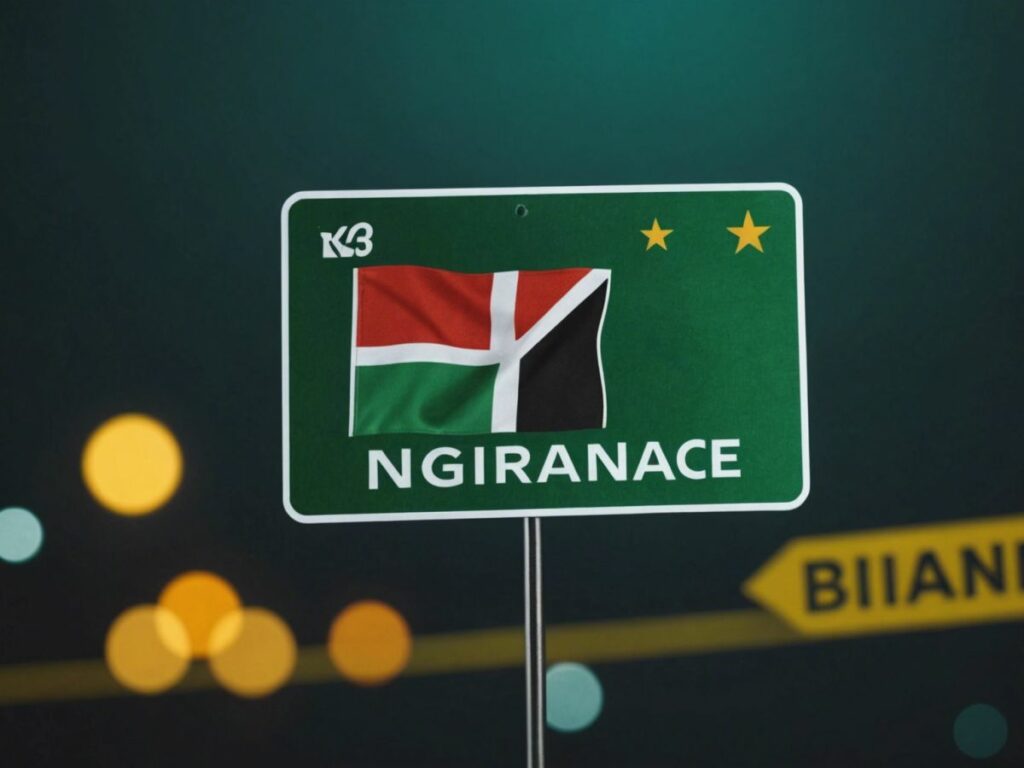Nigeria has taken a significant step by banning access to major cryptocurrency exchanges, including Binance and Coinbase. This move, aimed at stabilizing the Naira, has sparked widespread debate and concern among the Nigerian crypto community.
Key Takeaways
- Nigeria has banned access to major crypto exchanges like Binance and Coinbase.
- The ban is intended to stabilize the Naira and curb currency speculation.
- The Central Bank of Nigeria (CBN) and the Nigerian Communications Commission (NCC) are enforcing the ban.
- The decision has led to widespread discontent among Nigerians.
- Binance is in discussions with local regulators to address the issue.
Government’s Decision and Rationale
The Central Bank of Nigeria (CBN) and the Nigerian Communications Commission (NCC) have instructed telecom companies to block access to cryptocurrency firms, their websites, and apps. This decision is primarily aimed at stabilizing the Naira, which has been under pressure due to foreign exchange (FX) market manipulation.
Government officials, including Bayo Onanuga, the Special Adviser to the President on Information and Strategy, have accused Binance of setting exchange rates and operating without proper oversight. The government has also instructed the Economic and Financial Crimes Commission to arrest Bureau de Change operators involved in speculative activities.
Impact on the Nigerian Crypto Community
The ban has led to widespread discontent among Nigerians, many of whom rely on these platforms for their financial activities. Social media is abuzz with criticism, questioning the effectiveness of the government’s measures in addressing the underlying economic issues.
Nigerian users are now unable to access major crypto platforms like Binance, Kraken, and Coinbase through local networks. Even initial access through certain apps was later revoked, intensifying the impact of these measures.
Binance’s Response
In response to user complaints about the inability to buy dollars on their platform, Binance has reaffirmed its commitment to market-based transparency. The exchange temporarily halted transactions to stabilize prices and refuted claims that its platform promoted currency speculation.
Binance is currently engaged in discussions with local regulators, policymakers, and other stakeholders to foster a transparent dialogue on cryptocurrency and financial markets.
Regulatory Landscape
This ban represents a stark shift from just over a year ago when the CBN prohibited crypto transactions involving banks, exchanges, and individuals. However, in December 2023, the CBN lifted these restrictions, only to impose new ones now.
The latest legal challenges for Binance in Nigeria follow a recent ban in India, where the Financial Intelligence Unit (FIU) issued notices to Binance and other firms for allegedly operating illegally through offshore entities. This highlights the ongoing regulatory scrutiny faced by cryptocurrency platforms worldwide.
Future Outlook
Despite the regulatory challenges, Nigeria’s crypto enthusiasts remain resilient, exploring alternative avenues to engage with digital assets. The uncertainty surrounding the future of crypto exchanges in Nigeria underscores the importance of transparent dialogue between regulators, policymakers, and industry players.
As debates surrounding crypto regulation intensify, stakeholders emphasize the need for a balanced approach that fosters innovation while addressing concerns about currency manipulation and illicit financial activities.

